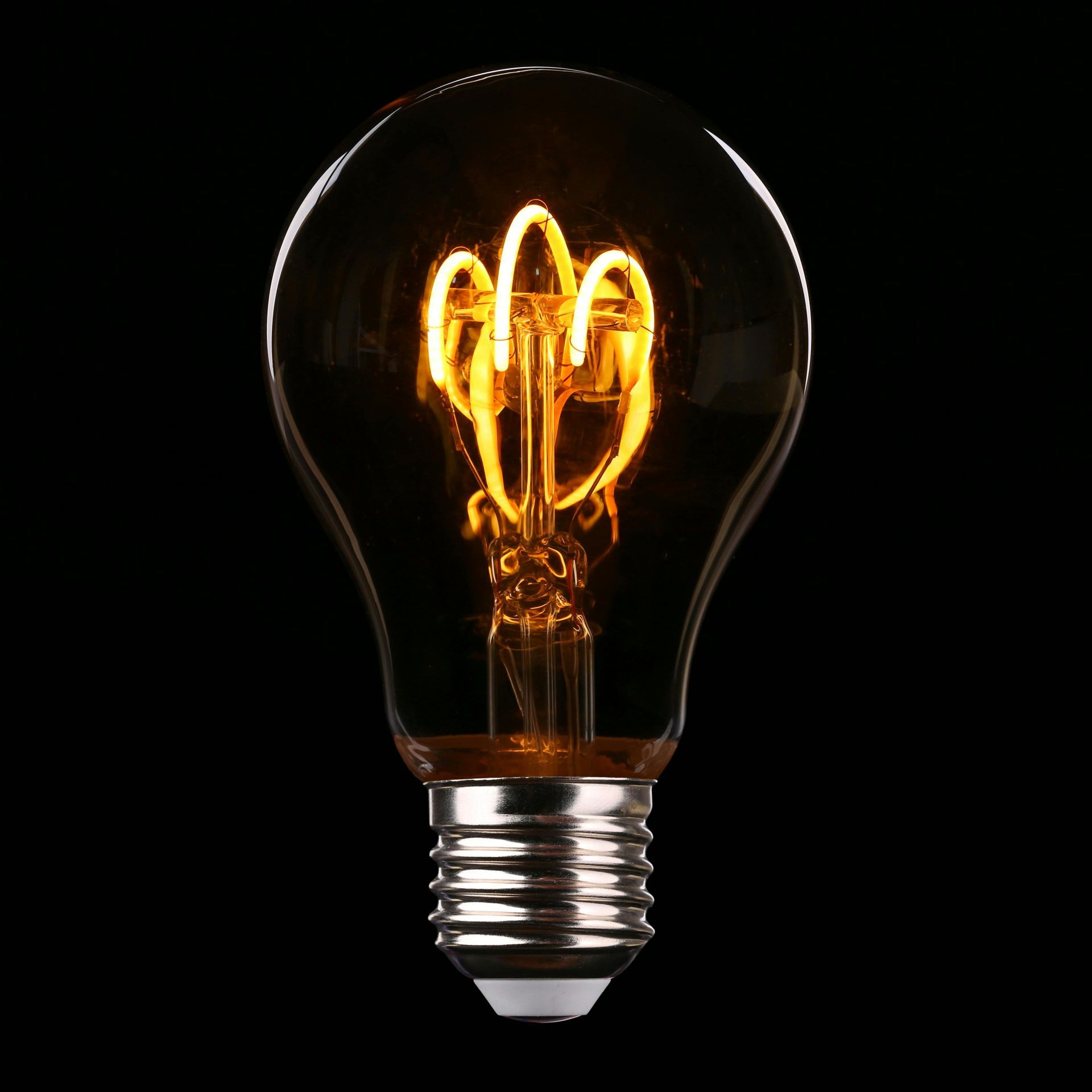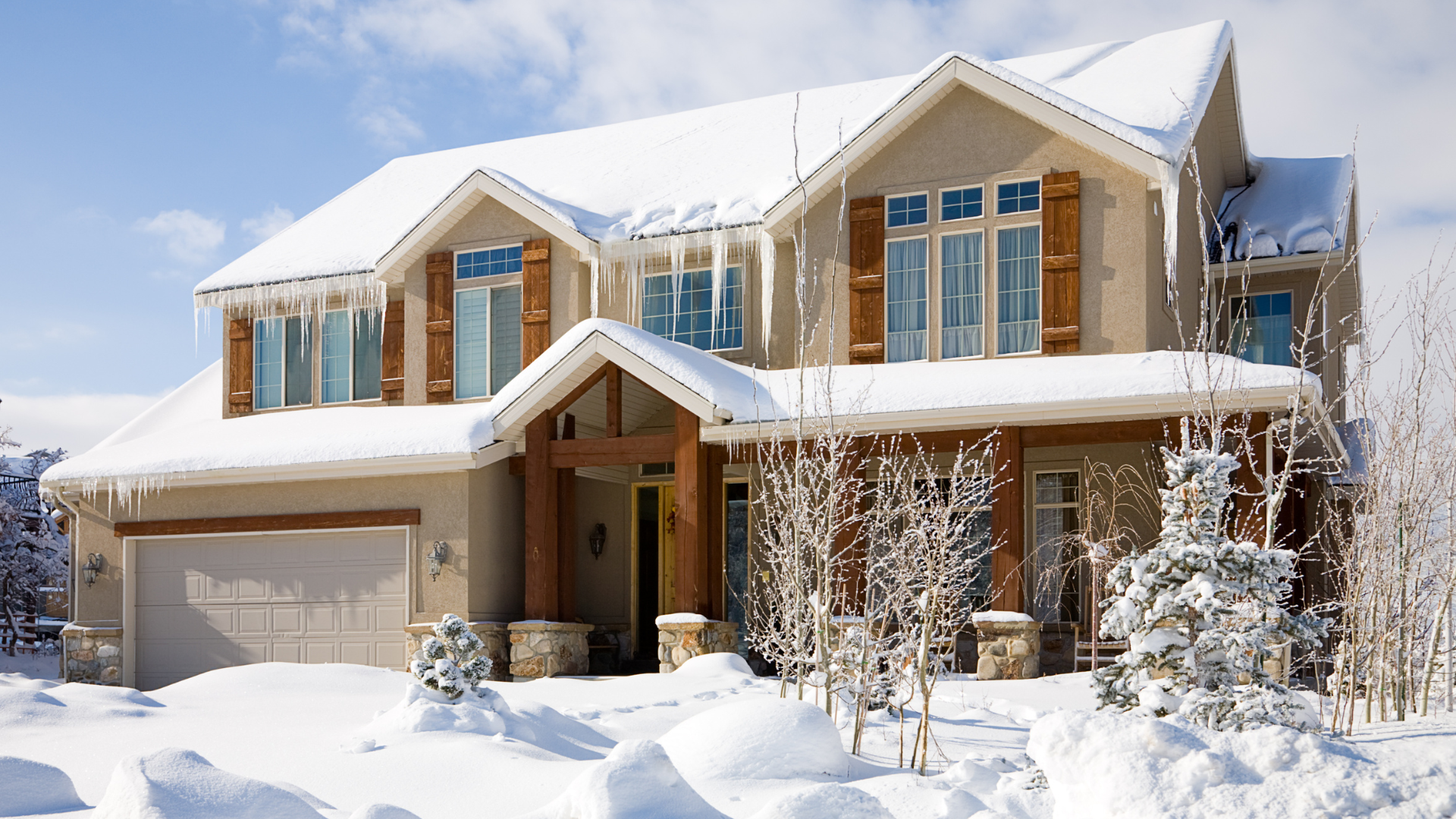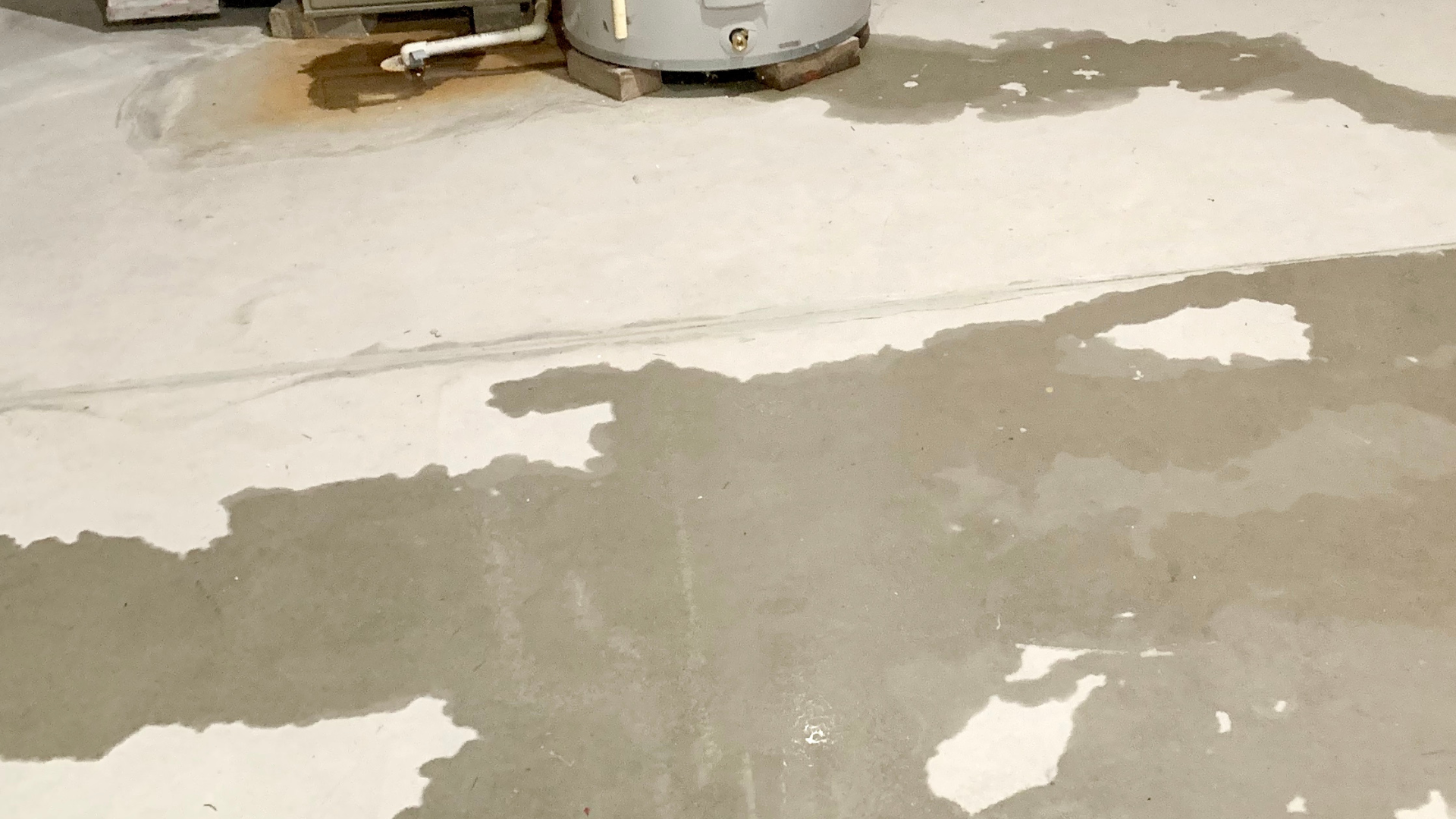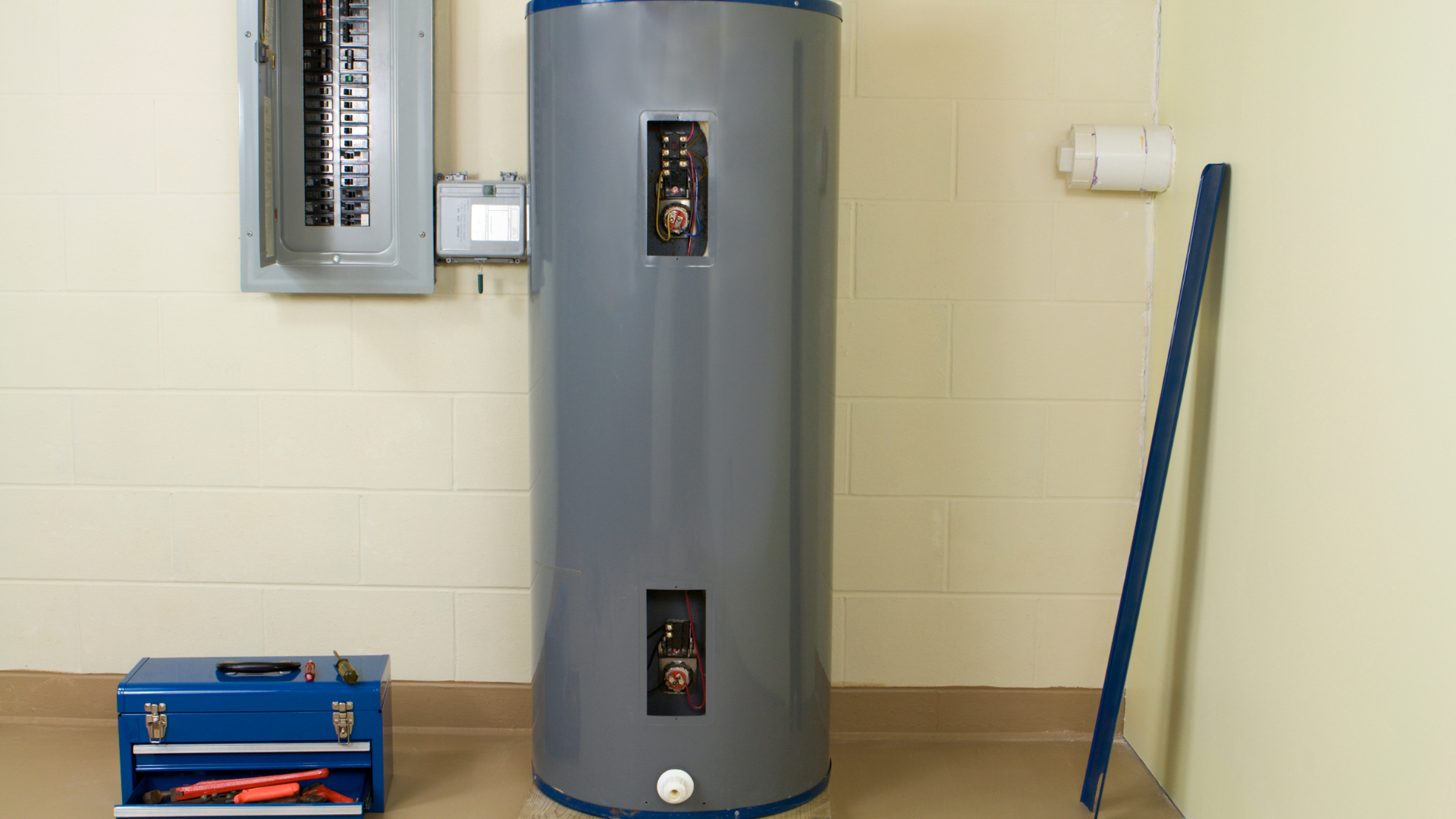The Future of Hot Water: Understanding Heat Pump Water Heaters
Understanding Heat Pump Water Heaters
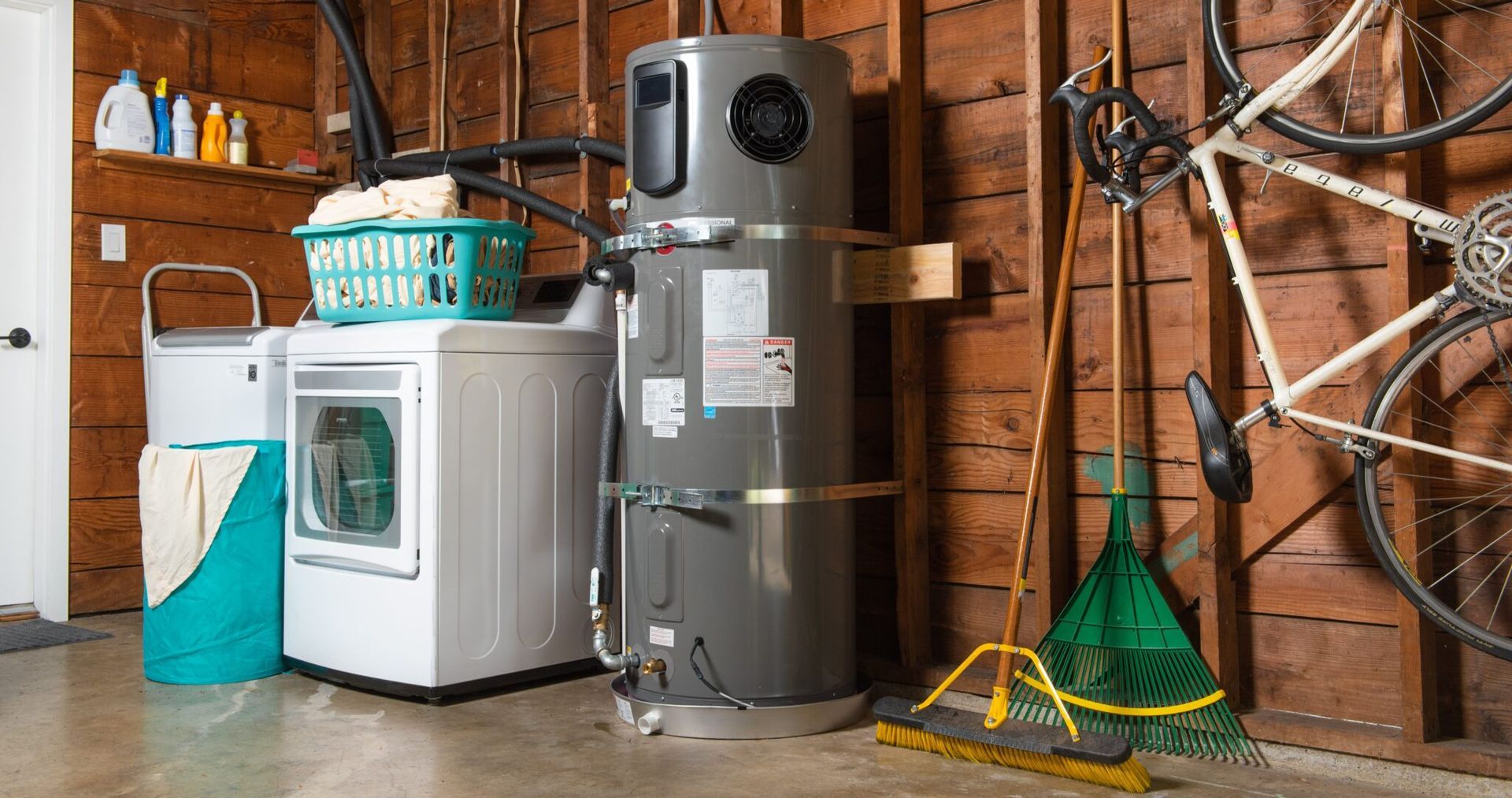
For homeowners looking to cut energy costs and reduce their environmental impact, the heat pump water heater (HPWH) is emerging as a game-changer. Unlike traditional water heaters that generate heat, HPWHs efficiently move heat, offering a smarter, more sustainable way to get hot water on demand.
How a Heat Pump Water Heater Works
Imagine your refrigerator, but in reverse. That's essentially how a heat pump water heater operates. Instead of expelling heat from inside, a HPWH pulls heat from the ambient air around it and transfers it to the water in its storage tank. Here's a breakdown of the process:
- Air Intake: A fan draws in warm air from the surrounding space (like a basement or garage).
- Evaporation: This air passes over an evaporator coil containing a refrigerant. The heat from the air is absorbed by the refrigerant, causing it to evaporate and become a low-pressure gas.
- Compression: The gaseous refrigerant is then sent to a compressor, which increases its pressure and temperature significantly.
- Condensation: The hot, high-pressure refrigerant gas flows through a condenser coil, transferring its heat to the colder water in the storage tank. As it releases heat, the refrigerant condenses back into a liquid.
- Expansion: The now-cooled, liquid refrigerant passes through an expansion valve, which lowers its pressure and temperature, preparing it to repeat the cycle.
Most HPWHs are "hybrid" systems, meaning they also include traditional electric resistance heating elements. This allows them to switch to conventional heating when hot water demand is very high or if the ambient air temperature is too low for efficient heat pump operation.
Benefits of a Heat Pump Water Heater
The advantages of installing a heat pump water heater are numerous and impactful:
- Exceptional Energy Efficiency: This is the biggest draw. HPWHs can be two to three times more energy-efficient than conventional electric resistance water heaters. By transferring heat rather than generating it, they require significantly less electricity, translating to substantial savings on your energy bills. Some estimates suggest savings of $200-$550 per year for a household of four.
- Cost Savings Over Time: While the upfront cost may be higher, the long-term energy savings typically offset the initial investment within a few years, making it a smart financial choice for your home.
- Environmental Friendliness: By consuming less energy, HPWHs reduce your household's carbon footprint and contribute to fewer greenhouse gas emissions, making them an eco-conscious choice.
- Dehumidification: As they pull heat from the air, HPWHs also remove moisture, acting as a natural dehumidifier for the space they're in. This can be particularly beneficial in damp basements or utility areas.
- Safety: Unlike gas water heaters, there's no risk of gas leaks or carbon monoxide emissions, making them a safer option for your home and family.
- Incentives and Rebates: Many federal, state, and local programs offer tax credits, rebates, and other incentives to encourage the adoption of energy-efficient appliances like HPWHs, further reducing the effective upfront cost.
Price Ranges for a Heat Pump Water Heater
The cost of a heat pump water heater can vary based on factors like tank size, brand, and installation complexity.
- Unit Cost: Expect to pay between $1,200 for a 50-gallon tank and $2,500 for an 80-gallon tank for the unit itself.
- Installation Cost: The total installed cost, including the unit and labor, generally ranges from $2,500 to $5,000.
- Replacing an existing electric water heater tends to be on the lower end ($3,600-$4,800) as the electrical setup is often already compatible.
- Replacing a gas water heater typically incurs higher costs ($4,300-$6,500) due to the potential need for new 240-volt electrical wiring and an electrician.
Remember to factor in potential rebates and incentives, which can significantly reduce your out-of-pocket expenses.
Warranty and Lifespan Expectations
Investing in a heat pump water heater means considering its long-term reliability.
- Lifespan: Heat pump water heaters generally have a lifespan of 10 to 15 years. This is often longer than conventional tank-style water heaters (8-12 years) but shorter than tankless models (15-20 years). Proper installation and diligent maintenance are key to reaching the higher end of this range.
- Warranty: Most new heat pump water heaters come with manufacturer's warranties that typically range from 6 to 12 years, covering defects in materials and workmanship. Some premium models or extended warranties might offer coverage up to 15 years. It's crucial to understand what the warranty covers (e.g., parts only, or parts and labor) and if any registration is required to validate it.
To maximize the lifespan of your HPWH and ensure its efficient operation, regular maintenance is highly recommended. This includes cleaning filters every 3-6 months and scheduling annual professional check-ups.
Sources and Links:
- U.S. Department of Energy (Energy Saver): Heat Pump Water Heaters
- https://www.energy.gov/energysaver/heat-pump-water-heaters
- ENERGY STAR: Save More with ENERGY STAR Certified Heat Pump Water Heaters
- https://www.energystar.gov/products/heat_pump_water_heaters/benefits-savings
- Rewiring America: How much does a heat pump water heater cost?
- https://homes.rewiringamerica.org/projects/how-much-does-a-heat-pump-water-heater-cost
- NYSERDA (New York State Energy Research and Development Authority): All About Heat Pump Water Heaters
- https://www.nyserda.ny.gov/Featured-Stories/All-About-Heat-Pump-Water-Heaters
- GoodBee Plumbing: The Pros and Cons of Heat Pump Water Heaters
- https://goodbeeplumbinganddrains.com/the-pros-and-cons-of-heat-pump-water-heaters/
- Goldstar Plumbing: Understanding Warranty Coverage and Longevity for New Water Heaters
- https://goldstarplumbingaz.com/understanding-warranty-coverage-and-longevity-for-new-water-heaters/
Click Another Article to Read More






